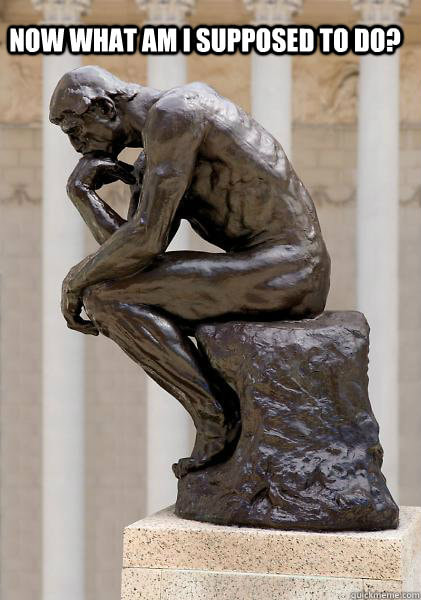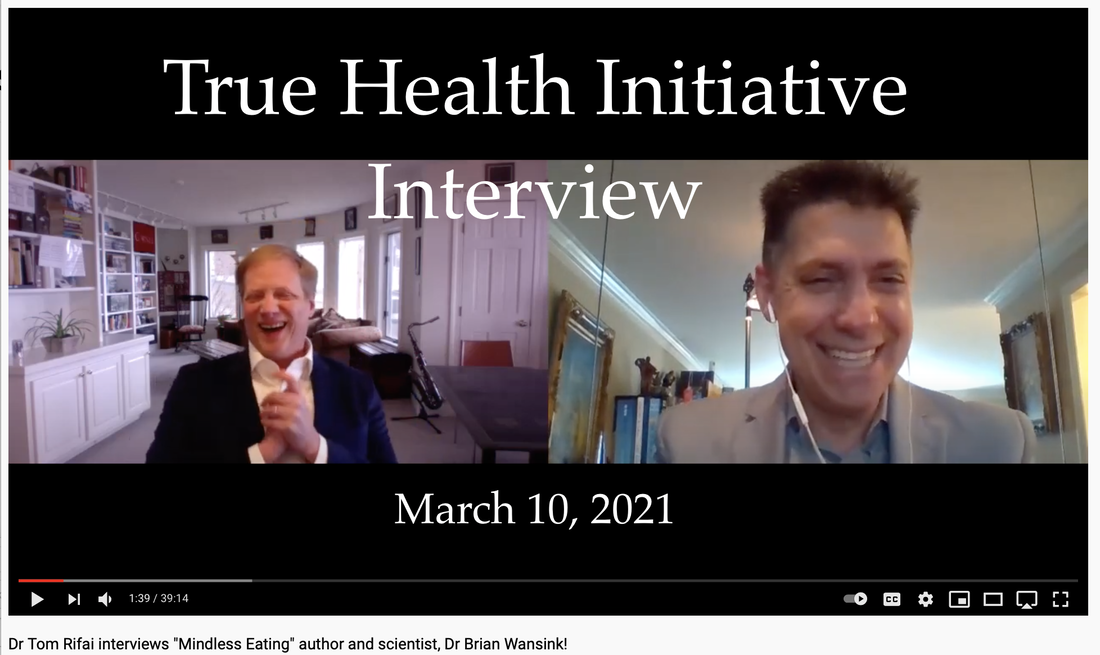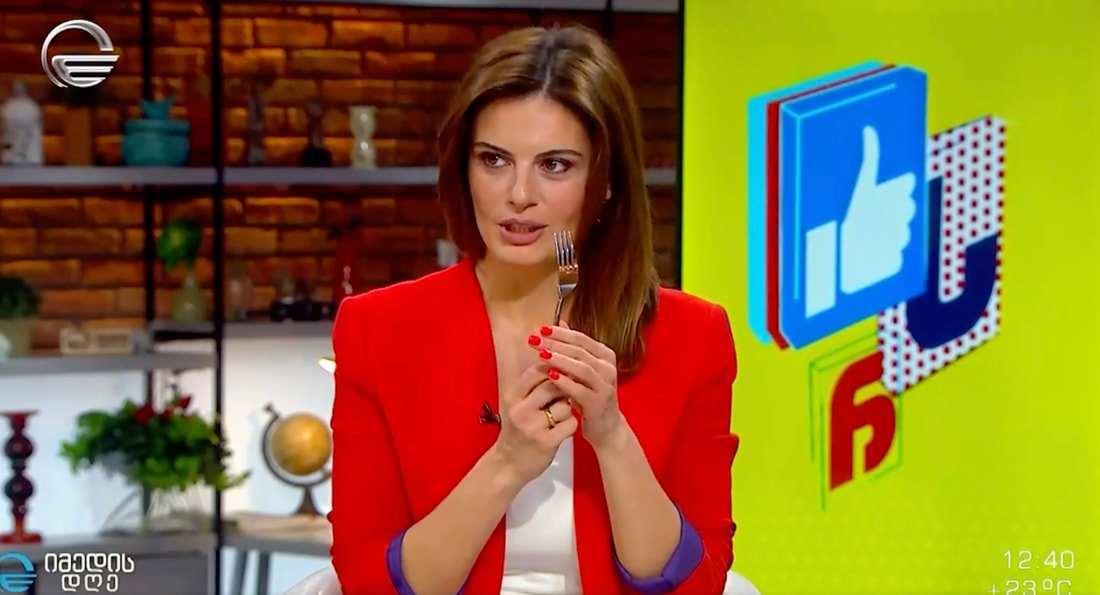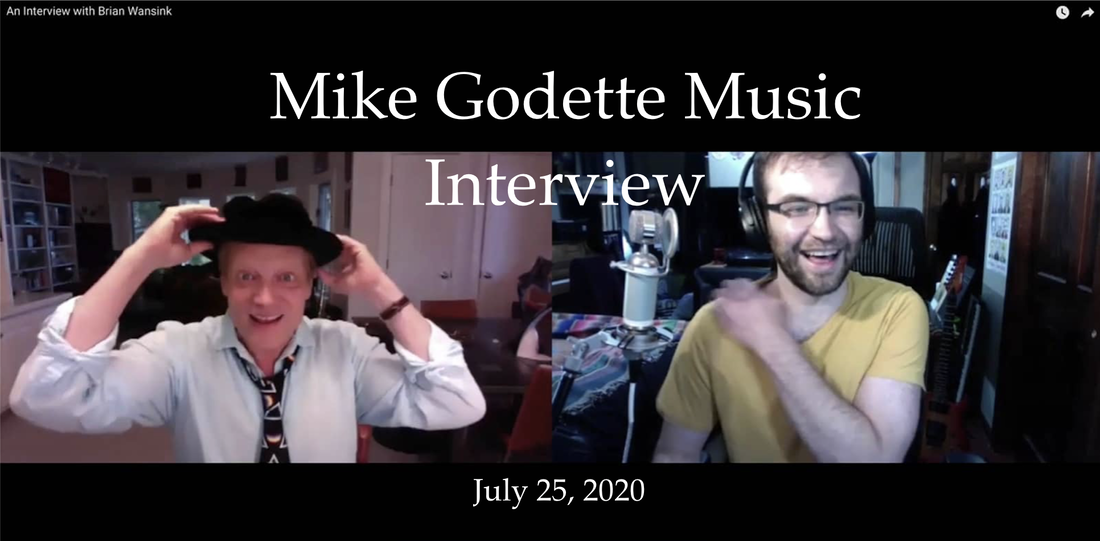|
What will people remember about you 15-20 years from now?
It's been said that the main thing that people remember about others is how that person made you feel. Last week, a former post-doc student from 20 years ago (who's now a professor in France) brought her family over to the US for a family vacation, and they came to see us for a couple days. Super great time together. I have had some great post-docs in my life and my wife has liked all of them, but she is very, very taken by this woman. She is charming, kind, successful, and funny, but that didn't seem to be the real reason. My wife said, "Do you know that of all of the graduate students and post-docs you have had, she is one of only two who has ever had us over for dinner. Others have had us over for group-size BBQs, or potlucks, or pizza parties, but she invited us over for a dinner just with her." My wife had just given birth to our oldest daughter, and I was going to be out of town. Back when this woman was a single post-doc and I was out of town, she invited my wife and baby daughter over to dinner by themselves. This made a real impression. Of all the things a person can do, it's funny what it is that sticks with other people. Maybe it is how they made you feel.
0 Comments
Some people love graduate school, but most of us want to finish it up and get started with our real lives.
About a couple years ago I met a nice guy from Utah who was finishing his thesis at a university about 5 hours away. He had just moved here to take a job. After only two weeks, he was totally immersed in his new job, and I asked him if he was concerned about being able to finish up his thesis. He said, "Oh, no, not at all. My university's only 5 hours away, and I've only got a couple months of work left on it." The idea of starting a new life or a new job a few months early – say, before we’ve completed our dissertation – sounds pretty good. After all, lots of people Zoom and Skype from home, so it should be a snap to web-commute back to the university and finish up our dissertation away from the anxieties of campus. For instance, you could now start your new gig (maybe as a professor) in June instead of August. Your plan would be to move, get settled, wrap up the dissertation, and get two months of a tempting new salary. When I was a PhD student, someone told me that if you want to know how long it will take to finish your dissertation if you move away, you use a simple formula. You take your best guess of how long you think it will take to finish, then you triple it and add three months. So if you think you have 2 months left on your dissertation, and you move away in June, you won’t be finished until following March – in 9 months instead of 2 months (2 months x 3 + 3 months = 9 months). This is a rough rule-of-thumb, that varies across schools, departments, and people. Still, when I heard this, I wasn’t going to take any chances. My apartment lease with my two roommates was up, so I spent the last two months crashing at the apartments of different friends so I could wrap it my dissertation and graduate before I move away to start my Asst Prof gig. What happens when you move is not only that it takes time to get resettled and you no longer have the support structure of your PhD program (and the “in sight & in mind” attention of your committee), but you also don’t feel the urgency to finish. You’re settling into a new role, and everybody's happy to have you around. You start to put off the uncomfortable pressure of you incomplete dissertation because it feels so much better to be treated as an an adult over here than as a sniffling child over there. But in a few months when your new department chair asks whether you’re through with your dissertation, it’s going to be awkward to answer. You might not have the option of completing a dissertation on campus, but if you can, it’s worth sleeping on couches until it’s done. ****************************************** The Rest of the Story: Four months after meeting the guy from Utah, I ran in to him again at the same boardgame cafe where we had originally met. He was very excited about having moved, and he was very excited about his new job. What's notable was that he never mentioned anything about his dissertation, how it was going, or whether it was finished. His dissertation had been an enthusiastic 80% of our conversation during the first time we met. Sine he never mentioned it, I wonder if he hadn't made the progress he had expected to make. |
Welcome!Here are some tips, tricks, and secrets on how you and your family can eat to be healthier and happier. They're based on over 30 years of our published research.
Fun InterviewsMost Visited Last Month• For You
• Smarter Lunchrooms • The X'Plozionz Band • Help your family • Kitchen Scorecard • Retracted papers • Grocery secrets • Do kids inherit taste? • Be healthier at work • How not to retire • Estimating calories • Restaurant Secrets • Syllabus template Top 2024 Downloads• Kitchen Makeover
• Smarter Lunchrooms • Smarter Lunchroom Scorecard • Grocery Shopping Hacks • Restaurant Secrets • Write a Useful Syllabus • Workplace Wellness Tips • Healthy Profitable Menus Categories
All
|






 RSS Feed
RSS Feed